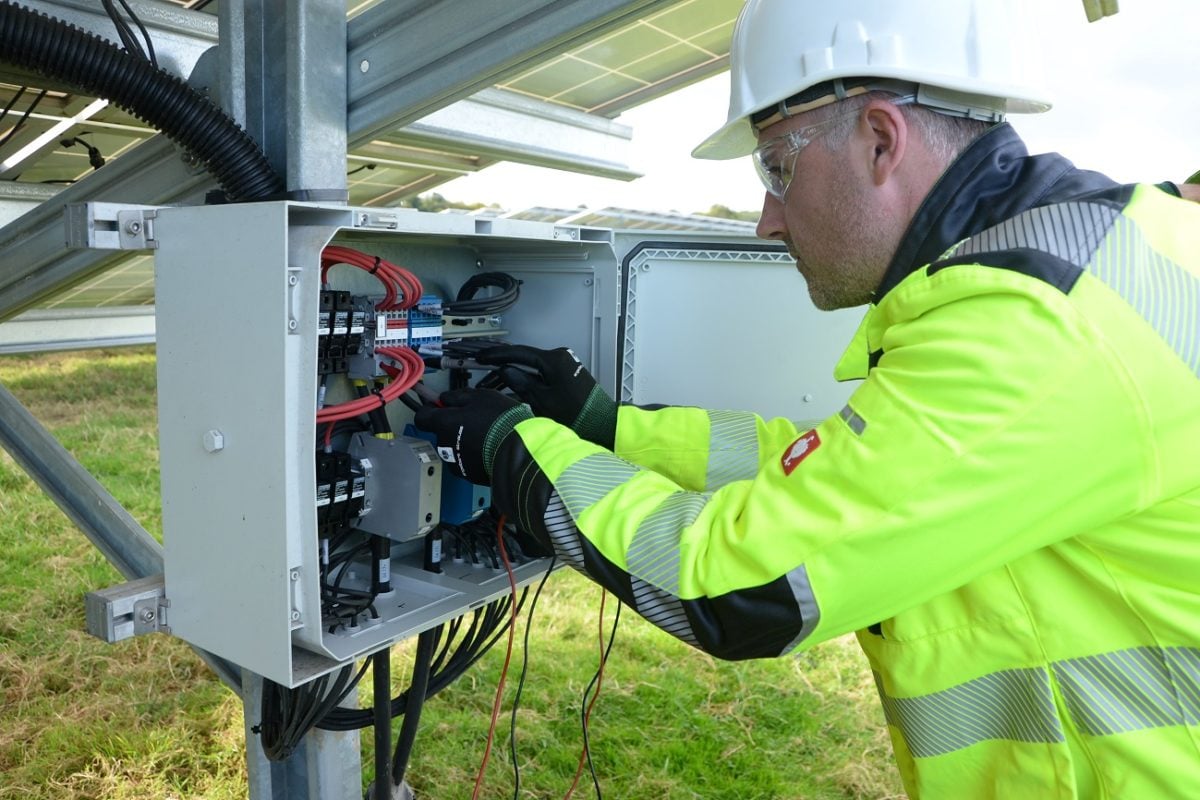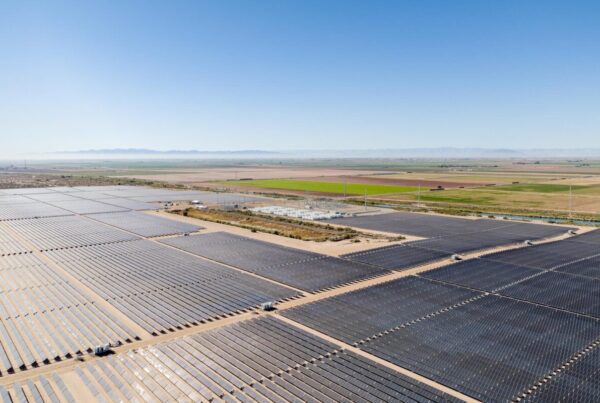
Among the propositions suggested in the toolbox are the creation of a comprehensive risk assessment process for inverter manufacturers; that high-risk vendors are not to be permitted to maintain an online connection to European electricity systems; the consideration of an outright ban for such vendors connecting to the grid and replicating legislation from Lithuania across all European Union members.
Lithuanian lawmakers adopted in November 2024 a legislation designed to limit the ability of Chinese inverter manufacturers to remotely access the country’s solar and wind power plants.
“Today, over 200GW of European PV capacity is already linked to inverters manufactured in China—the equivalent of more than 200 nuclear power plants,” said Christoph Podewils, the ESMC secretary general. “This means Europe has effectively surrendered remote control of a vast portion of its electricity infrastructure.”
This is not the first time the ESMC called for more efforts on cybersecurity. Last year it published a recommendation paper soon after the EU passed the Net Zero Industry Act.
ESMC also mentions the a report from consultancy firm DNV – and commissioned by trade association SolarPower Europe – on cybersecurity, which highlighted how an attack made on just 3GW of inverter capacity could have “significant implications” for Europe’s power grid. A report that highlights how nearly 70% of all the PV inverters installed globally in 2023 came from Chinese manufacturers.
At this year’s Intersolar Europe event, Solar Media will host a panel discussion on European manufacturing at 3:30pm on Wednesday 7 May in hall A2, booth 159. Speakers include Gaëtan Masson of the Becquerel Institute and Edd Crossland of Oxford PV. Interested attendees can register to attend the panel for free here.





